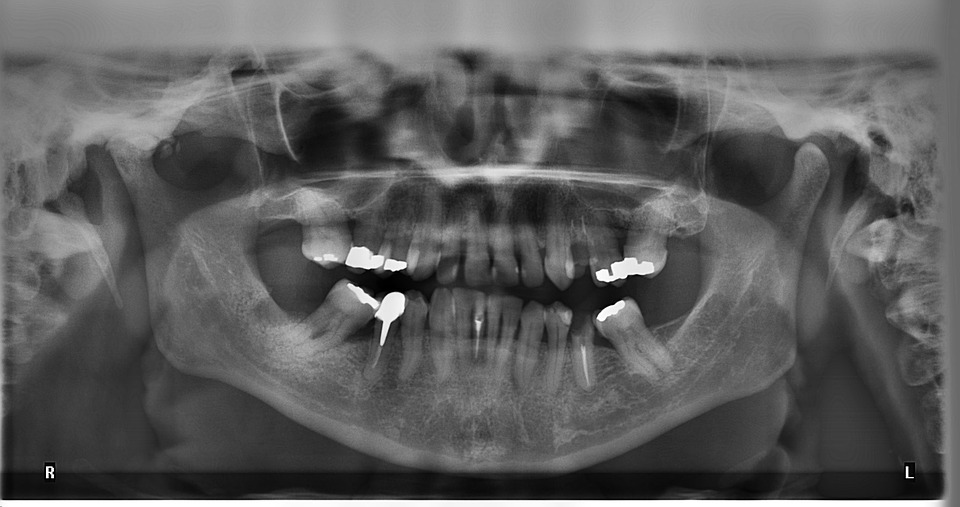When you go to your dental appointment, you might be periodically told that it’s time for dental x-rays. Why are these films important? And when should you have them done? Are they safe? Check out this guide to dental x-rays so you can make an informed decision.
Why Are Dental X-rays Important?
When your dentist looks in your mouth, he or she can see all of the same structures that you can see when you look inside of your mouth. What they can’t see is what’s happening beneath the surface of your enamel, between your teeth, or under your gumline. That is where dental x-rays come in.
These films can show bone loss, early cavities, infections, and structural issues before they are visible to the naked eye, so having them done routinely can help you avoid the situation of small problems getting worse because you didn’t know about them.
When Should Dental X-Rays Be Done?
This is really an individual matter, and your dentist will talk to you to determine how often routine films should be taken. You might have bitewings (a series of four films that show your molars and premolars) done every six months or every two years… or somewhere in between. A full-mouth series (a series of up to 24 films that show all of the teeth) or a panorex (one large x-ray of all of your teeth and bone structures) might be done every three to five years.
If you are having a toothache or swelling in between routine appointments, additional x-rays will probably be taken.
Are Dental X-Rays Safe?
In a word, yes. The amount of radiation used for a full-mouth series is less than the radiation you absorb on a day-long trip to the beach. Today’s dental radiography machines are made so only extremely minimal radiation is emitted. In fact, they are even safe for pregnant women (though your dentist will cover your reproductive organs with a lead vest, just in case) and young children.
If you have questions about any part of your dental care, do not hesitate to contact our team for a consultation.









